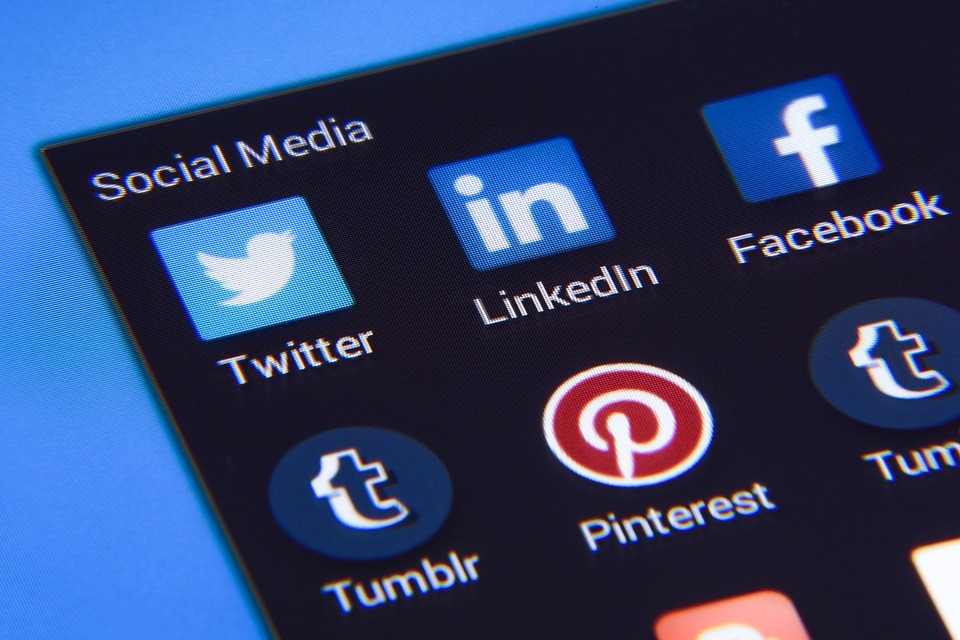In today’s digital age, social media has become an integral part of our daily lives. With the rise of platforms like Facebook, Instagram, and Twitter, we are constantly connected to our friends, family, and the world around us. While social media has many benefits, it also has a significant impact on mental health. In this article, we will explore the ways in which social media can affect our mental well-being and provide some strategies for maintaining a healthy relationship with these platforms.
Comparison and Self-Esteem
One of the most common negative effects of social media on mental health is the tendency for users to compare themselves to others. Studies have shown that people often present an idealized version of their lives on social media, leading others to believe that everyone else is happier, more successful, and more attractive than they are. This can create feelings of inadequacy and low self-esteem, especially among young people who are still developing their sense of self.
- According to a study by the Royal Society for Public Health, Instagram was found to be the platform with the most negative impact on mental health, particularly in the areas of body image and self-esteem.
- Research has shown that frequent use of social media is associated with higher levels of anxiety and depression, as people constantly compare themselves to others and feel like they are not measuring up.
Isolation and FOMO
Ironically, despite the ability to connect with others online, social media can also contribute to feelings of isolation and loneliness. Seeing friends and acquaintances posting about their social lives and activities can lead to feelings of missing out, commonly referred to as the Fear Of Missing Out (FOMO). This can cause individuals to feel disconnected from real-life relationships and experiences.
- A study published in the Journal of Adolescence found that high levels of social media use were associated with increased feelings of loneliness and social isolation among adolescents.
- Constantly checking social media feeds can create a sense of being left out, as people are bombarded with images of others socializing and having fun without them.
Addiction and Distraction
Another significant issue related to social media and mental health is the addictive nature of these platforms. The constant notifications, likes, and comments trigger the release of dopamine in the brain, creating a reward system that can lead to compulsive behavior. This addiction to social media can result in decreased productivity, sleep disturbances, and neglect of real-life relationships.
- A survey conducted by the American Psychological Association found that 86% of Americans reported constantly checking their emails, texts, and social media accounts, even when they are not at work or on their personal time.
- Research has shown that excessive social media use is associated with poor sleep quality, as the blue light emitted by screens can disrupt the body’s natural sleep-wake cycle.
Strategies for a Healthy Relationship with Social Media
While social media can have negative effects on mental health, there are ways to mitigate these risks and cultivate a positive online experience:
- Limit your screen time and set boundaries for social media use to prevent compulsive behavior.
- Be mindful of who you follow and curate your feed to include accounts that promote positivity and inspiration rather than comparison.
- Engage in real-life activities and face-to-face interactions to balance out your online social interactions.
Conclusion
In conclusion, social media has a significant impact on mental health, with effects ranging from comparison and self-esteem issues to feelings of isolation and addiction. It is important for individuals to be aware of these risks and take proactive steps to maintain a healthy relationship with social media. By setting boundaries, curating your feed, and prioritizing real-life connections, you can minimize the negative effects of social media on your mental well-being.
















